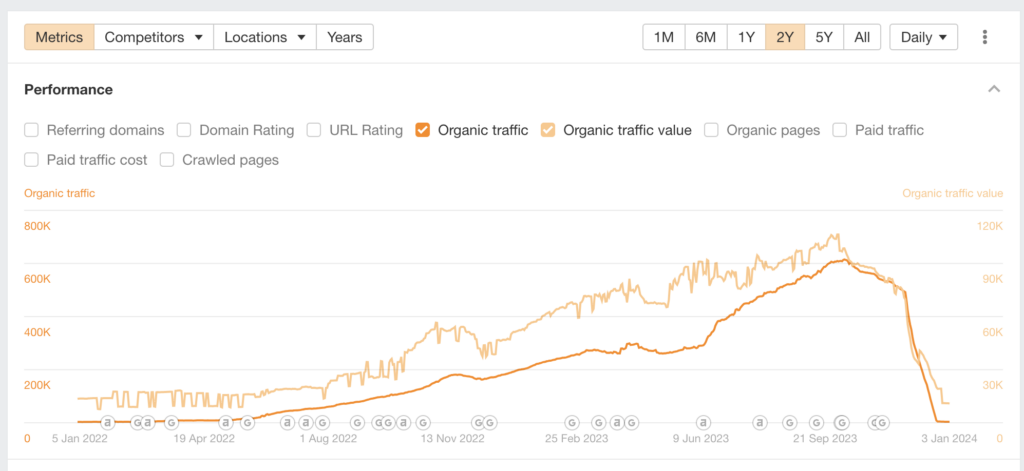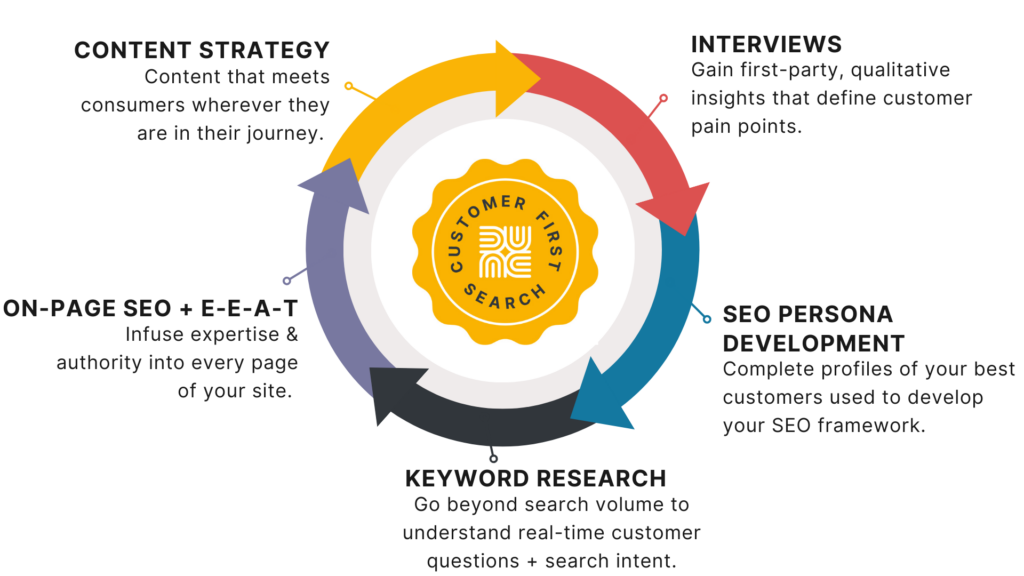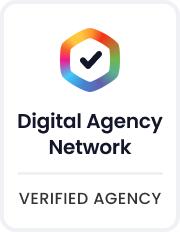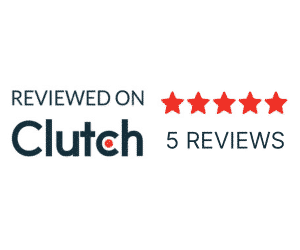The SEO landscape has changed.
Today, approximately 4% of all pages on the internet are actually indexed by Google. Because it’s nearly impossible to measure the true size of the internet, the actual number could be even less.
When generative AI tools like chatGPT and Claude hit the open market, Google fell behind on making sense of the mass of content that flooded the interwebs. The crawlers simply couldn’t keep up and parse that much fresh content.
But that was over a year ago. Now, Google is playing catch up and seems to be gaining the upper hand on sites bludgeoning us with thin, poor quality, and generally unhelpful content.
Take for example this infamous post on X from November of 2023 where Jake boasts about his “SEO heist.”

Not a month later, take a look at what happens to his site’s organic traffic:

This is not to say that AI doesn’t deserve a place in your SEO strategy.
When used correctly, AI tools can provide massive efficiency gains and even act as a creative assistant.
However, as AI becomes more pervasive, Google is returning to the basics of helpful content as a barometer for ranking web pages. Just look at the frequency of algorithm updates during the back half of 2023:
Meanwhile, customers are growing increasingly skeptical of content in a landscape littered with deep fakes and AI sameness. This can be seen in the below responses to a recent survey of over 1,000 Americans on AI and consumer trust:
As SEO continues to evolve, we believe personalized and customized content will deliver the highest ROI for companies.
Further, marketers who succeed in this new landscape will view their SEO strategy through a persona-driven, empathetic lens that satisfies the deeper needs of their customers.
That’s why today, we’re proud to announce the launch of Customer First Search (CFS), our proprietary approach to organic marketing growth that puts your customers at the center, with AI as an assistant to scale, resulting in more trustworthy content and qualified traffic.
Let's break it down, starting with The 'Three P’s' of Customer First Search:
1. People
People buy from people, not search engines. Brands that humanize their content connect more closely with customers, fostering trust and driving sales.
2. Provenance
SEO used to be about getting the right answer. Today, with so much content that is technically ‘accurate’, it’s more about getting the right answer from the right person.
3. Personalization
Modern SEO requires more than a one-size-fits-all approach. Individualized content, properly formatted by search intent, is what matters now.
The CFS framework
Here’s an overview of Customer First Search in action.

All engagements begin with data mining, both qualitative and quantitative, to draw out the most relevant insights for your brand. Before we tackle the how, we first need to define the who. Our unique approach to audience definition via SEO personas ensures our efforts are focused on your most valuable organic cohorts.
We then turn to the how, via rich keyword research and search intent analysis. While any decent SEO shop can conduct basic keyword research, Dune7 goes beyond monthly search volume to mine for the intent behind each potential customer query.
After all, someone searching for “pizza” probably isn’t looking for a recipe. They’re looking for dinner.
Next, we layer in on-page SEO best practices, ensuring Expertise, Experience, Authority, and Trust are organically woven into your site content.
Everything culminates in a holistic organic search (SEO) strategy that meets your customers wherever they happen to be in their path to purchase.
Moving forward with Customer First Search
No one ever accused SEO of being a stagnant marketing channel. It’s always dynamic and constantly changing which is what makes it both challenging and exciting at the same time.
Brands that recognize the ongoing seismic shifts will be the ones to succeed going forward.
For us, CFS ensures we stay true to our own brand as an agency that provides clarity in a constantly shifting landscape.



No comments.